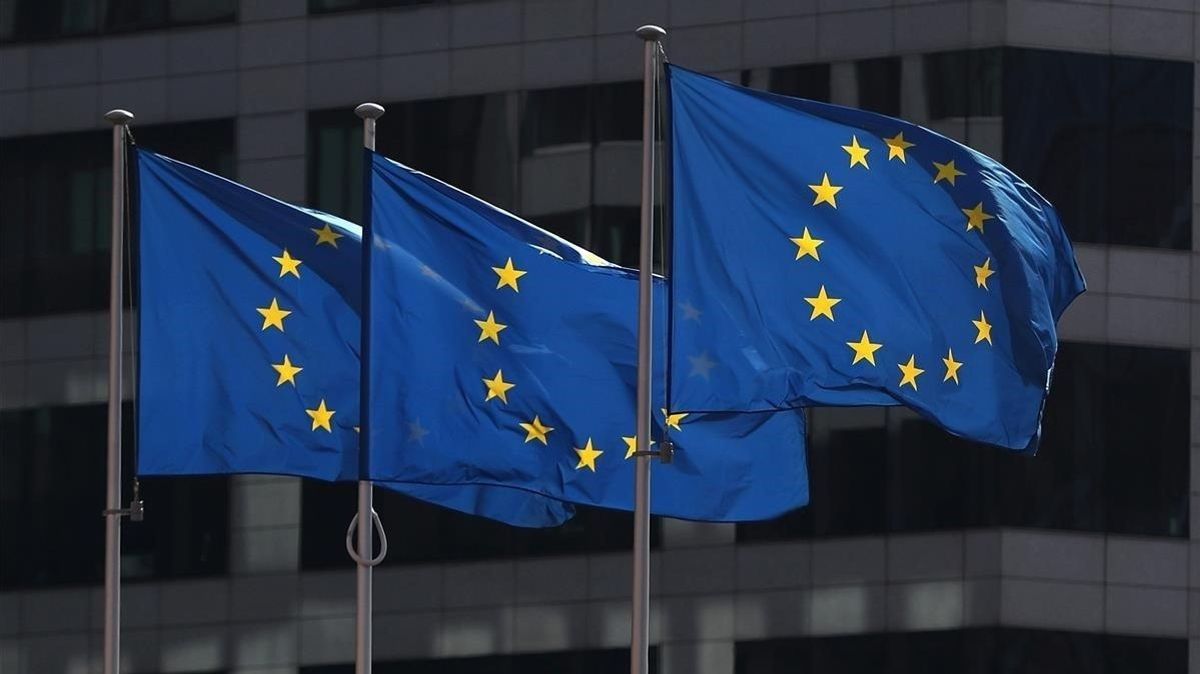
In a landmark decision, the European Union (EU) parliament has taken a decisive step forward in the digital age by approving the world’s first comprehensive artificial intelligence (AI) legislation. This groundbreaking AI Act, ratified to manage the burgeoning influence of AI technologies across the EU’s 27 member states, aims to strike a delicate balance between fostering technological innovation and protecting citizens from potential AI-related risks.
“Artificial intelligence is already very much part of our daily lives. Now, it will be part of our legislation too”, stated Roberta Metsola, President of the European Parliament.
Understanding the EU AI Act
The EU AI Act, celebrated as a pioneering move, categorizes AI systems based on their risk levels to society, imposing stricter controls on those deemed high risk. This legislative framework introduces specific transparency obligations, sets forth stringent requirements for high-risk applications, and outlines significant penalties for violations, with fines reaching up to 35 million euros. At its core, the act endeavors to ensure that AI development and deployment within the bloc are conducted with respect for fundamental human rights and safety considerations. Moreover, it bans certain AI uses outright, such as predictive policing and indiscriminate scraping of biometric data, signaling the EU’s firm stance on safeguarding personal freedoms and privacy.
Global Implications and Industry Impact
As the first legislation of its kind, the EU AI Act is poised to serve as a blueprint for other countries grappling with the challenges of AI regulation. By establishing a comprehensive, risk-based approach to AI governance, the EU positions itself at the forefront of global efforts to navigate the complex ethical, legal, and social implications of AI technology. This act not only sets a precedent for responsible AI development worldwide but also signals to international tech companies the importance of aligning their AI innovations with stringent ethical standards. Industry leaders developing general-purpose AI models, such as OpenAI and Google, will now be required to disclose detailed information about their data sources and methodologies, a move aimed at enhancing transparency and accountability in AI systems’ deployment.
Looking Ahead: The Future of AI in Europe
With the AI Act set to phase in starting 2025, the EU embarks on a new era of digital governance, one that emphasizes human-centric technology development. The legislation’s risk-based categorization promises to encourage innovation in low-risk AI applications while applying necessary safeguards against the potential adverse impacts of high-risk AI systems. As Europe charts its course toward a more regulated AI future, the global tech community watches closely, prepared to navigate the complexities of compliance and adapt to a landscape where responsible AI development is not just encouraged but mandated.
This landmark legislation marks a significant milestone in the EU’s digital strategy, reflecting a deep commitment to establishing a legal framework that ensures AI technologies serve the public good while mitigating risks. As the world enters an era of increasingly sophisticated AI capabilities, the EU’s proactive approach offers valuable insights into how societies can harness the benefits of AI while safeguarding against its potential harms.



